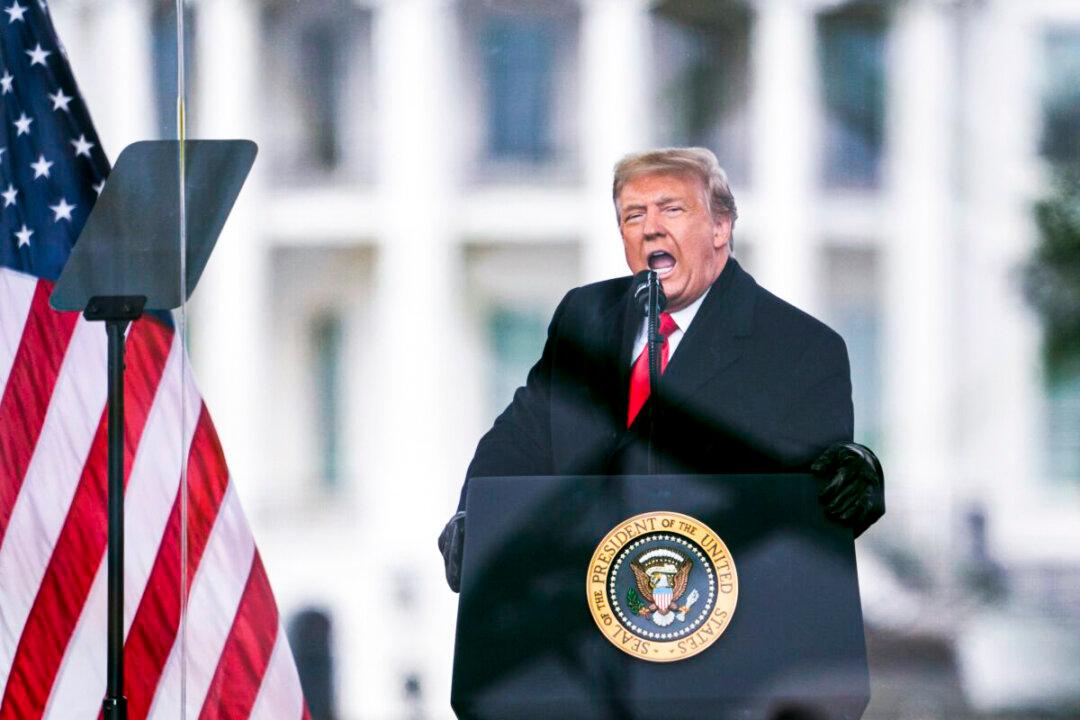Former President Donald Trump may not be returning to Twitter, but that doesn’t mean he isn’t watching closely to see what the platform’s new owner, Elon Musk, will release next.
Following the latest disclosures in Musk’s ongoing Twitter Files saga—which included the revelation that Twitter had “secret blacklists” of users to “shadow ban,” or limit their reach—Trump took to his own social media network of Truth Social Dec. 9 to suggest additional disclosures.





